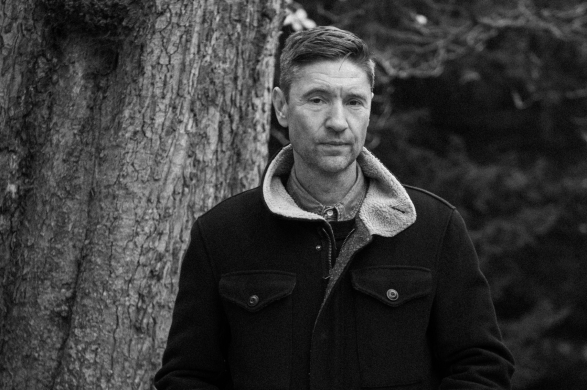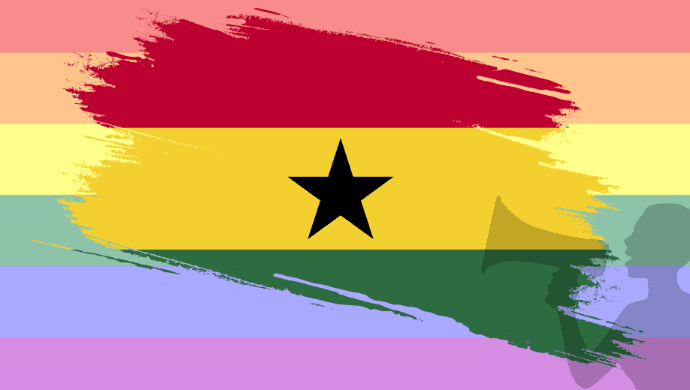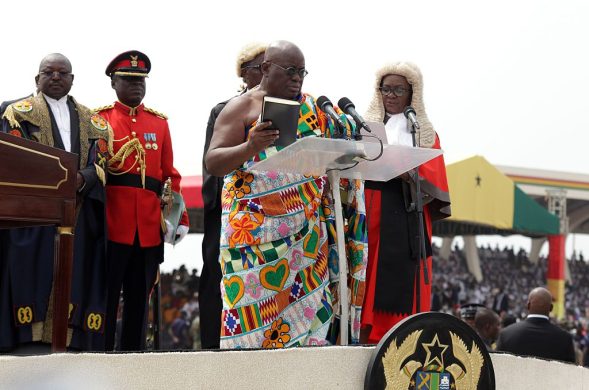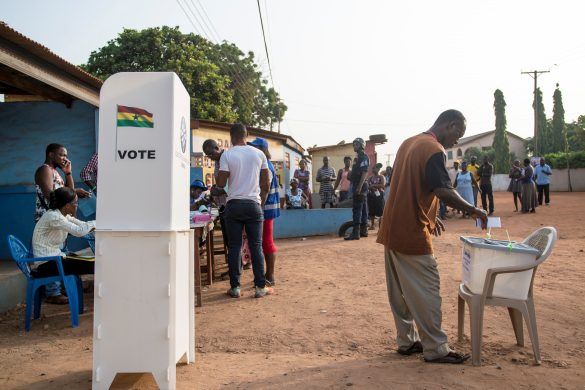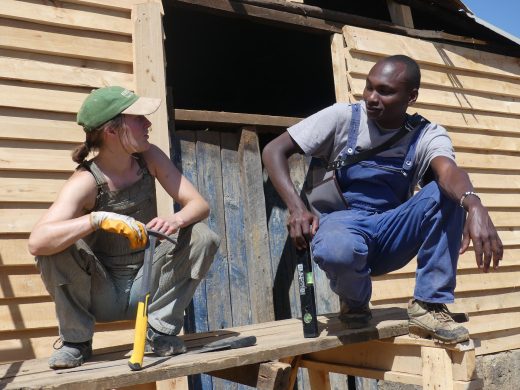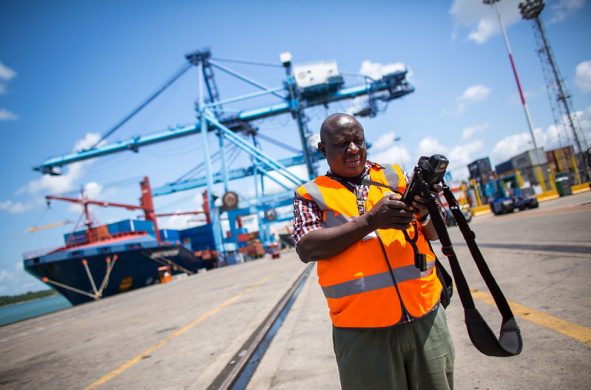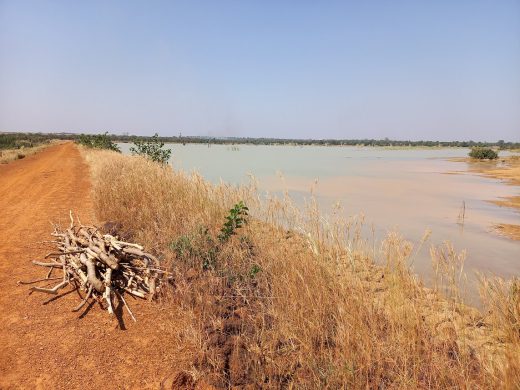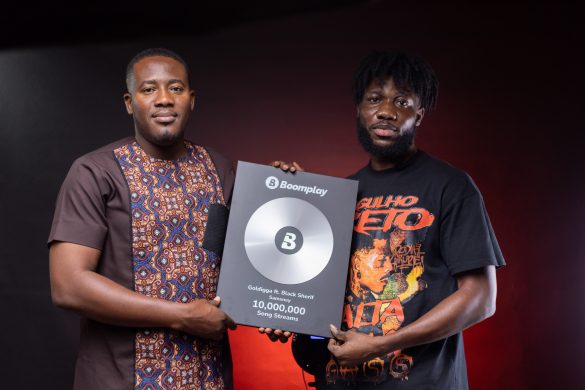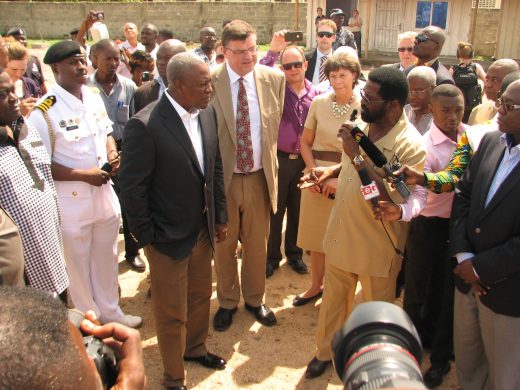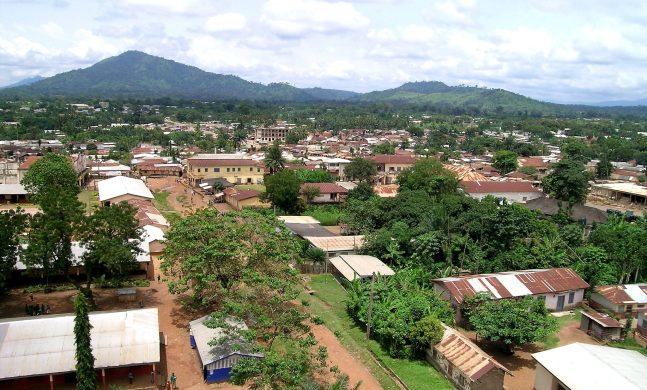ACCRA, GHANA, 3 September 2008: During her three-day visit to Ghana, UNICEF Executive Director Ann M. Veneman announced an additional $1.7 million in support to combat malaria in the country.
The money will help provide insecticide-treated bed-nets, a life saving intervention that is simple and cost effective.
Thousands of children under the age of five die from malaria each year in Ghana.
– In Africa, malaria is the number one killer of children under age five, Veneman said. – – It is unacceptable that this preventable disease still claims the lives of so many.
The UNICEF Executive Director is in Accra to attend the High Level Forum on Aid Effectiveness.
Speaking on behalf of UN agencies at the opening session, Veneman stressed the importance of coordinated aid delivery that will reach the people most in need.
– With less than 8 years left to achieve the Millennium Development Goals, aid needs to be efficient, effective and timely, said Veneman. – The international community must work together to achieve sustainable results on the ground.
Veneman also highlighted that the aid environment continues to change with the private sector, foundations and countries that are not part of the Organisation for Economic Co-operation and Development (OECD) increasingly engaged in international assistance.
As a result, significant gains have been made. For example, there has been a 60 per cent drop in the rate of under five mortality since 1960. But challenges to development progress remain, including conflict, corruption, high prevalence of HIV/AIDS and increasing fuel and food prices.
The Executive Director also met with a number of government officials attending the conference to discuss issues impacting children and effective aid coordination.
About UNICEF:
UNICEF works on the ground in more than 150 developing and transitional countries to help children survive and thrive. The world’s largest provider of vaccines for poor countries, UNICEF works to advance the Millennium Development Goals by supporting child health and nutrition, quality basic education for all boys and girls, access to clean water and sanitation, and the protection of children from violence, exploitation and AIDS.
Kilde: UNICEF




